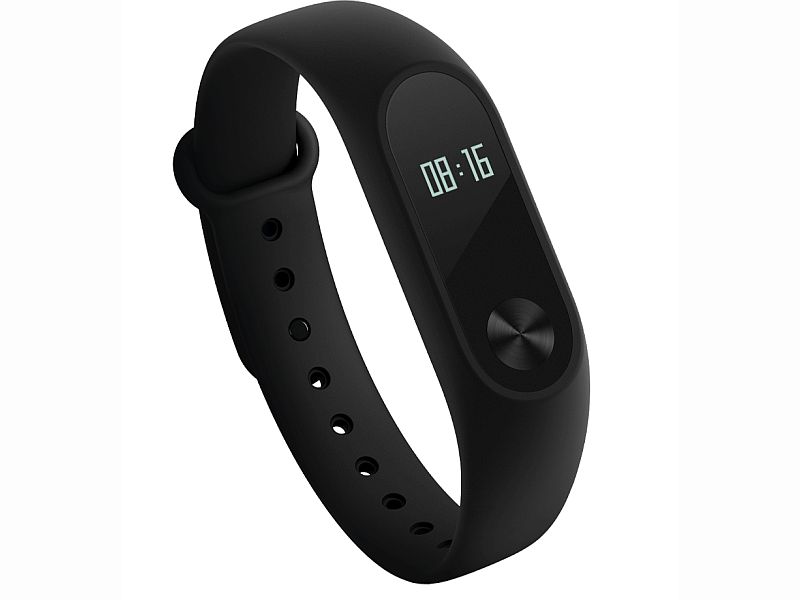
While many OEMs still struggle to ascertain whether the wearables market is worth investing in or not, Xiaomi is making steady progress in the segment. According to a fresh research report from Strategy Analytics, Xiaomi is now the world’s largest wearables vendor, beating competition from Fitbit and Apple as well.
According to the report, Xiaomi has managed to sell 3.7 million units of its wearable devices in the second quarter, raking in 17.1 percent market share, making it the largest wearables vendor for the first time. Apple is on the third spot, with 13 percent market share and 2.8 million Apple Watch variants units shipped in the second quarter. Even though it’s taking the third space, Apple has showed great progress year on year, with its last year second quarter numbers at 9 percent market share and 1.8 million shipped units.
Xiaomi’s last year second quarter numbers were at 3 million units raking in 15 percent of the market share. Last year at this time, Fitbit ruled the segment with 28.5 percent market share, but this year in the second quarter, the market share has drastically reduced to just 15.7 percent. Shipment numbers that were at 5.7 million in Q2 2016 are now at 3.4 million in the second quarter of 2017. This is a huge downfall for the fitness wearable company, but it hopes that sales will pick up pace with its smartwatch launch this year. Most of this dip in sales is attributed to a lacklustre holiday quarter and production issues that weighed on sales.
In any case, Xiaomi has had no such issues in converting sales numbers for its wearables line – mainly the Mi Band fitness band series.
“Xiaomi’s Mi Band fitness trackers are wildly popular in China, due to their highly competitive pricing and rich features such as heart-rate monitors, step-counters and calendar alerts. Fitbit shipped 3.4 million wearables for 16 percent market share worldwide in Q2 2017, almost halving from 29 percent a year ago. Fitbit is at risk of being trapped in a pincer movement between the low-end fitness bands sold by Xiaomi and the fitness-led, high-end smartwatches sold by Apple,” Neil Mawston, Executive Director at Strategy Analytics, said in a statement.
The latest offering from Xiaomi is the Mi Band 2 (Review) launched in June last year, with it arriving in India in September last year for Rs. 1,999. The big difference from the predecessor was an OLED display and the introduction of a heart rate sensor.
 Techosta Where Tech Starts From
Techosta Where Tech Starts From